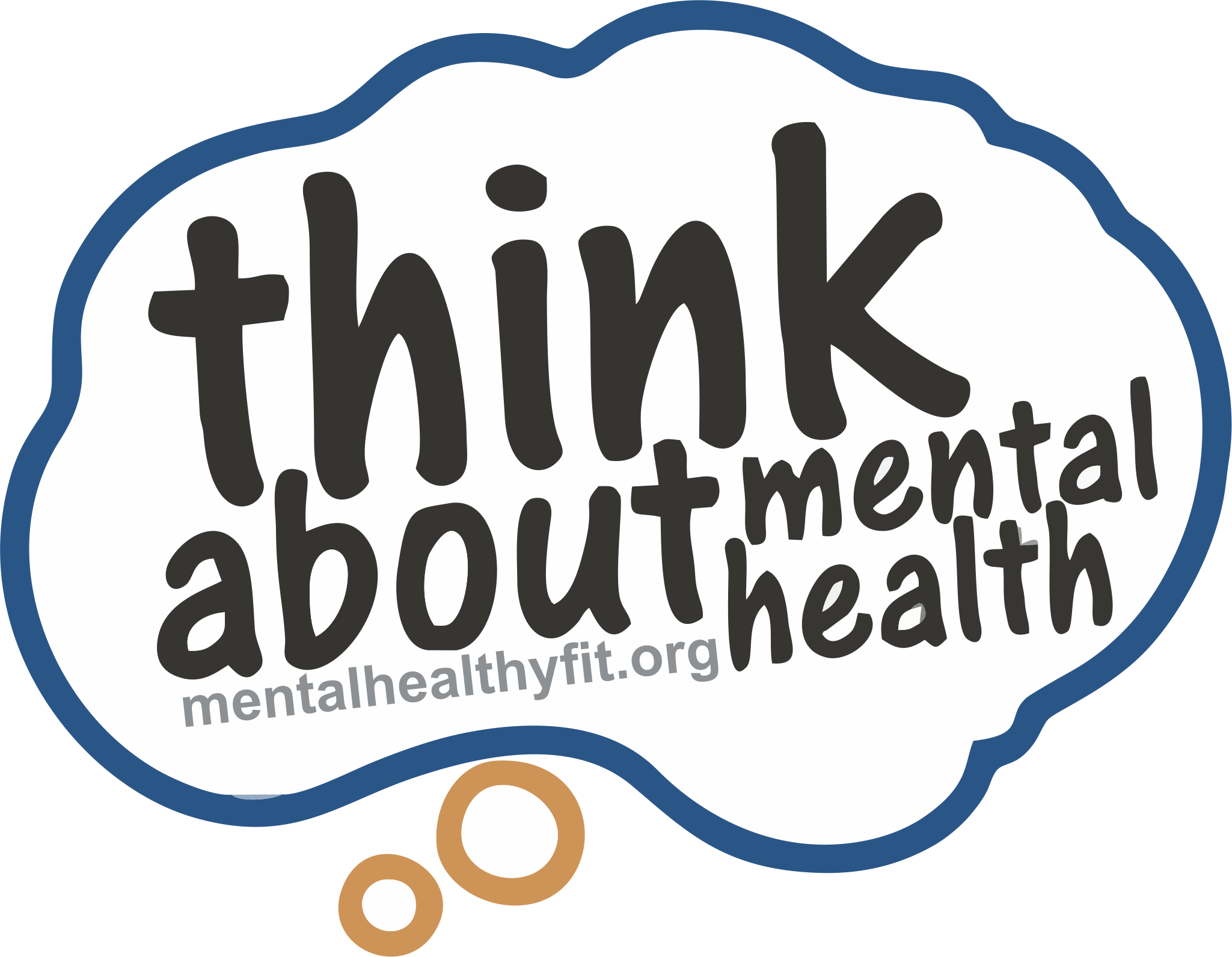STIGMA
There are still attitudes within most societies that view symptoms of psychopathology as threatening and uncomfortable, and these attitudes frequently foster stigma and discrimination towards people with mental health problems.Such reactions are common when people are brave enough to admit they have a mental health problem, and they can often lead on to various forms of exclusion or discrimination – either within social circles or within the workplace.
Adventures Of The Depressive Mind
The masks we were just to try to fit in.
Creator - Brian Higgins
Growing up in Northern Ireland, I found that I was thrust into political turmoil and the subsequent violence surrounding me. I was raised protestant during the so called "troubles" that plagued the country for many years. As I experienced the many difficulties of community persecution from personal relationships to professional opportunities and the odd bombing and shooting in my periphery or my direction, It became increasingly difficult for me to exist within the life that I wanted. So I moved to America at the first chance I got. But that is when the true consequences of the troubles raised it's head!! I got a nice big dose of POST TRAUMATIC STRESS DISORDER. You see now that I was away from the trauma, my mind was now ready to run rife through it's new found freedom and do it's best to subconsciously sabotage me at every turn.
Of course as this new found friend of mine came knocking I didn't open the door rather than it kicked it in and took control of every aspect of my life. Luckily there were many programs and support groups that I could take advantage of in order to understand what was going on within and make some headway to recovery.
My film represents
In daily life we all wear masks. Masks with family, masks with friends and masks at work. In my experience I have had difficulties in most areas of my life due the stigma of my mental health issues.
But I really don't have to be worried what others perceive and think.
All I need to do is take of my masks and be me.
Myths and facts about mental health.
Mental health is not caused by doing something wrong. Also, you can’t cause someone else to have a mental illness. Doctors think that mental illness is caused by a mix of what’s going on in your body and what’s happening around you.
It is common for all people to sometimes have trouble at school, at home, at jobs and feel sometimes like they don’t know what to do. No matter what, it’s good to talk to others and learn what works best for you. What helps you calm down? What makes you happy and what makes you sad? Knowing these things will help you find a way to do well in school and life.
All mental health issues are different, but being diagnosed with one will not keep you from being able to grow up, learn how to take care of yourself, and get an apartment or house like everyone else.
Most people diagnosed with mental illnesses are not violent. Most violence in the world is not caused by people with mental illnesses. In fact, a person with a mental illness is more likely to be the one who gets hurt or bullied by someone else.
What is out there to help?
First thing to know is that you are not alone. There are many people around you that will offer a helping hand if you reach out. Below are a few organizations that can help get you on the road to recovery.
Time For A Change. The attitudes of others stop people with mental health problems getting the help and support they need. Too many people with mental health problems are made to feel isolated, ashamed and worthless. Together, we want everyone to open up to mental health
See Me. See Me Scotland vision is to end mental health stigma and discrimination, enabling people who experience mental health problems to live fulfilled lives.
Teen Mental Health. Caring about and maintaining our mental health is as important as our physical health. We only have one brain and one body, so it’s our job to keep it running in the best way we can by paying attention to and working to improve our mental and physical health.
What can be done?
- Be Proud, "Mental illness touches so many lives and yet it's STILL a giant secret. Be brave and share your story." –Lindsey Watkin Lason
- Educate Yourself, "Challenge people respectfully when they are perpetrating stereotypes and misconceptions. Speak up and educate them." –Yvonne Lucas
- See The Person Not The Illness, "Talk about your family and friends with mental illnesses any time a conversation invites the opportunity; with an open heart, love, and real information about the real human being that they are; they are not their condition."–Sheryl Schaffner
- Advocate, "It's empowering people whenever and wherever you can. It's also writing legislators. It's also talking in front of a board of commissioners to advocate for continued mental health funding… It's doing the right thing and treating others justly.” –Danielle Hoover
Let's work together to break down stigma in mental health.

